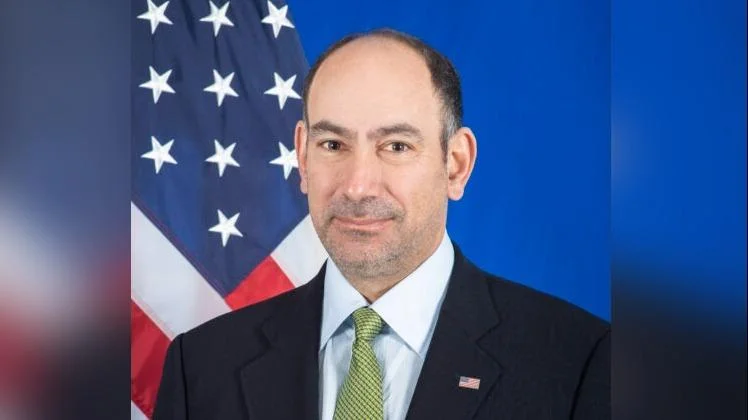On April 2, 2025, President Donald J. Trump announced that the national emergency decided would deal with foreign trade practices that he claims undermine the United States' economy. Citing the International Emergency Economic Powers Act of 1977, President Trump plans to impose tariffs to address the problematic trade deficit caused by non-reciprocal foreign trade practices.
"Large and persistent annual U.S. goods trade deficits have led to the hollowing out of our manufacturing base," a statement elaborated, pointing to the loss of manufacturing incentives domestically and reliance on foreign countries that are not allies. The tariffs aim to offset deficits, promote a national economic rebirth, and mend relations in trade. Specifically, a 10% tariff will be issued broadly as of April 5, with higher tariffs targeted at countries with the largest trade deficits following on April 9.
President Trump noted that these measures would stay in place until trade imbalances are corrected. The order permits adjustments should trading partners retaliate or improve trading practices. Certain goods, such as specific metals and pharmaceuticals, are exempted from these tariffs. Meanwhile, existing IEEPA orders on fentanyl and migration with Canada and Mexico remain unchanged.
"President Trump refuses to let the United States be taken advantage of and believes that tariffs are necessary to ensure fair trade," his administration stated. Despite critiques of ongoing international policies and the prior leadership’s trade deficit, the administration hopes that these steps will strengthen domestic manufacturing and combat detrimental economic practices from abroad.
The plan also aims to promote "Made in America" as a national and economic priority, aspiring to create better-paying jobs and increase production internally. A continued decline in manufacturing output signals the need for enhanced capacity in vital sectors such as auto and shipbuilding, pharmaceuticals, and technology, according to the administration.
The current global trading system, according to Trump, favors countries with higher tariffs and non-tariff barriers that hinder U.S. trade access. discrepancies in tariff implementation by different countries, like vehicle tariffs between the U.S. and the EU, were highlighted as examples.
The administration’s claim of “reciprocal trade” aims to give American businesses and workers a fair chance by reducing trade imbalances and reinforcing economic and national security. The belief is that the tariffs will fuel economic growth, restore industrial and agricultural output, and preserve national sovereignty.
Additional tariffs are also noted to counteract non-monetary barriers and disrupt harmful global trade dynamics, ensuring access to necessary goods post-emergency. Sophisticated policies and practices by trading partners, including regressive taxation and limited imports of certain goods, are stated as issues to overcome with Trump’s new tariffs.
"The United States will no longer put itself last on matters of international trade," President Trump's statement read, emphasizing that the current trade approach aligns with his original campaign promises. Advocating for tariffs as beneficial, the administration asserts that past studies indicate economic gains from tariff implementation.
This move is one component in a larger economic strategy to leverage energy competitiveness, foster tax cuts, and encourage deregulation to further promote American prosperity.

